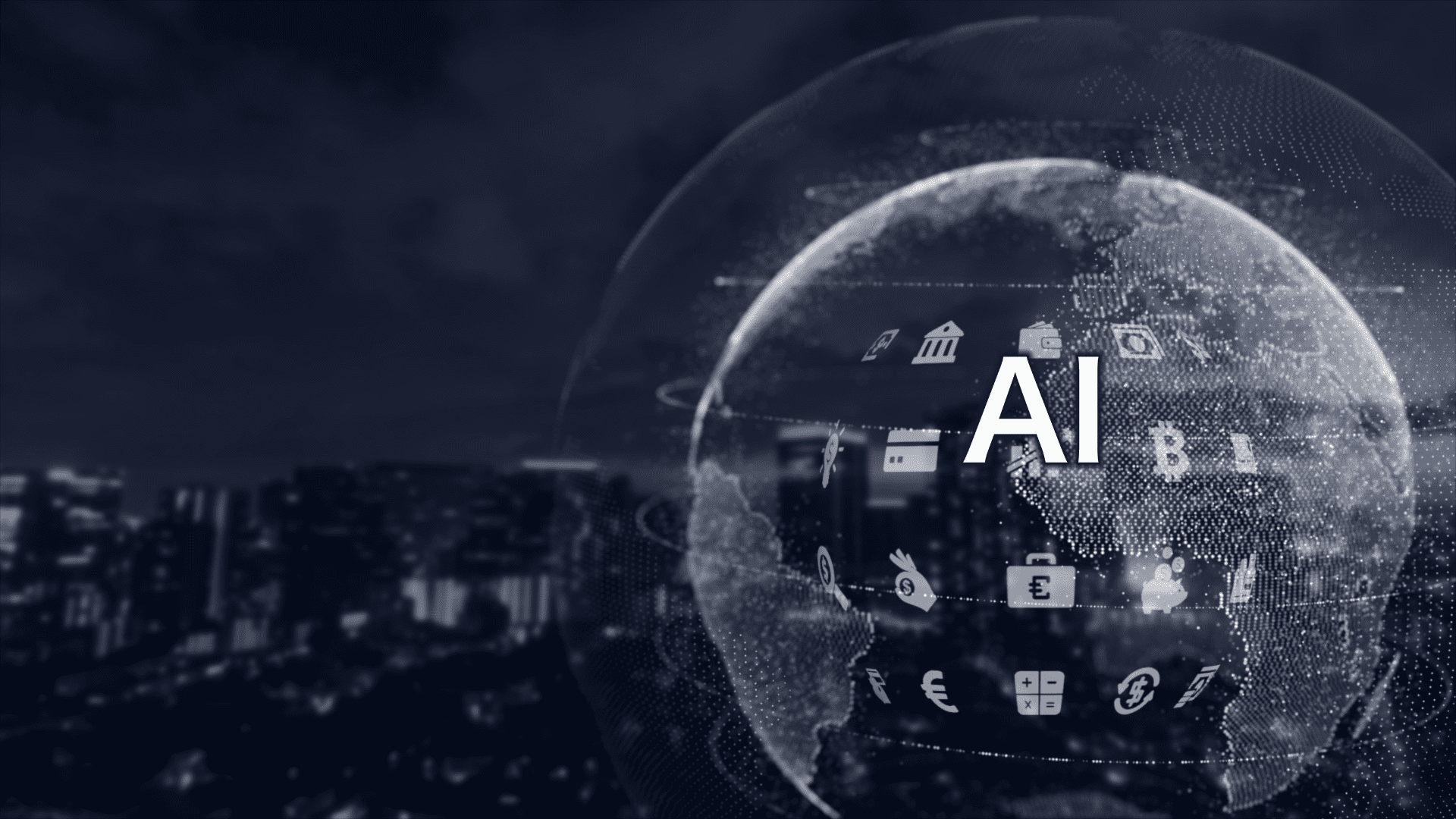Generative AI, a subfield of artificial intelligence, is rapidly transforming the way we interact with technology and the world around us. By learning from massive datasets and mimicking human creativity, generative models can produce entirely new content, from realistic images and captivating music to innovative product designs and compelling marketing copy. This groundbreaking technology is poised to become a game changer across industries, fundamentally altering how we work, create, and experience information.
Unveiling the Power of Generative Models
Generative AI models leverage deep learning algorithms, particularly a type called Generative Adversarial Networks (GANs). Imagine two AI models, a generator and a discriminator, locked in a competitive dance. The generator tirelessly produces new content, while the discriminator meticulously analyzes it, aiming to distinguish the generated content from real-world data. This constant back-and-forth refinement allows the generative model to learn and improve, eventually producing content that is indistinguishable from the real thing.
The applications of generative AI extend far beyond mere imitation. These models can be fine-tuned for specific tasks, unlocking a treasure trove of possibilities:
- Content Creation Revolution: Imagine effortlessly generating engaging social media posts, crafting personalized marketing materials, or composing captivating blog articles. Generative AI can churn out high-quality content at scale, freeing up human creativity for more strategic endeavors.
- Design and Innovation Boost: Architects can leverage generative AI to explore countless design possibilities in a fraction of the time. Drug discovery can be accelerated by creating new molecule prototypes with desired properties. Generative models can even assist in fashion design, generating novel clothing patterns and styles.
- Personalized Experiences: Imagine a world where customer service chatbots understand your needs with uncanny precision, or where educational materials adapt to your individual learning pace. Generative AI can personalize user experiences across diverse fields, from education and healthcare to e-commerce and entertainment.
- Scientific Exploration Unleashed: Generative AI can analyze vast scientific datasets to identify patterns and generate hypotheses that would elude human researchers. This can expedite scientific breakthroughs in fields like materials science, protein folding, and climate modeling.
The Generative AI Revolution: A Double-Edged Sword
While the potential benefits of generative AI are undeniable, its disruptive nature necessitates careful consideration of potential drawbacks:
- The Future of Work: Automation powered by generative AI could lead to job displacement in certain sectors. Reskilling and upskilling initiatives will be crucial to ensure a smooth transition into a future where humans and AI collaborate effectively.
- Ethical Concerns: The ability to generate realistic content raises ethical concerns around deepfakes and misinformation. Robust safeguards will be needed to ensure the responsible use of generative AI and prevent its misuse for malicious purposes.
- Data Bias and Fairness: Generative models are only as good as the data they are trained on. Biases present in the training data can be exacerbated by the model, leading to discriminatory outputs. Mitigating data bias will be essential for ensuring fair and ethical applications of generative AI.
Embracing the Generative AI Future
The transformative power of generative AI is undeniable. By harnessing its potential responsibly, we can unlock a future of unprecedented innovation, personalization, and scientific progress. However, navigating this new landscape requires a proactive approach. Collaboration between researchers, policymakers, and industry leaders is essential to develop ethical guidelines and foster a future where humans and AI work together to create a better world.
Here are some key takeaways to consider:
- Generative AI represents a paradigm shift with the potential to revolutionize numerous industries.
- Its applications span content creation, design, scientific research, and personalized experiences.
- Careful consideration of ethical implications and potential job displacement is crucial.
- Collaboration is key to ensuring the responsible and beneficial development of generative AI.
As generative AI continues to evolve, it holds immense promise for shaping a more creative, efficient, and personalized future. By embracing this technology thoughtfully, we can ensure that this game changer plays a positive role in our world’s ongoing transformation.
Related Tags:
Digital Consulting & Strategy Development | Technology Modernization and Enterprise Integration | UX/CX Modernization | Managed Cloud Services on AWS and Azure Cloud Platforms | Data and Visualization Engineering | Digital Marketing | DevSecOps Services | OpenAI and GenAI Services | Product Engineering


